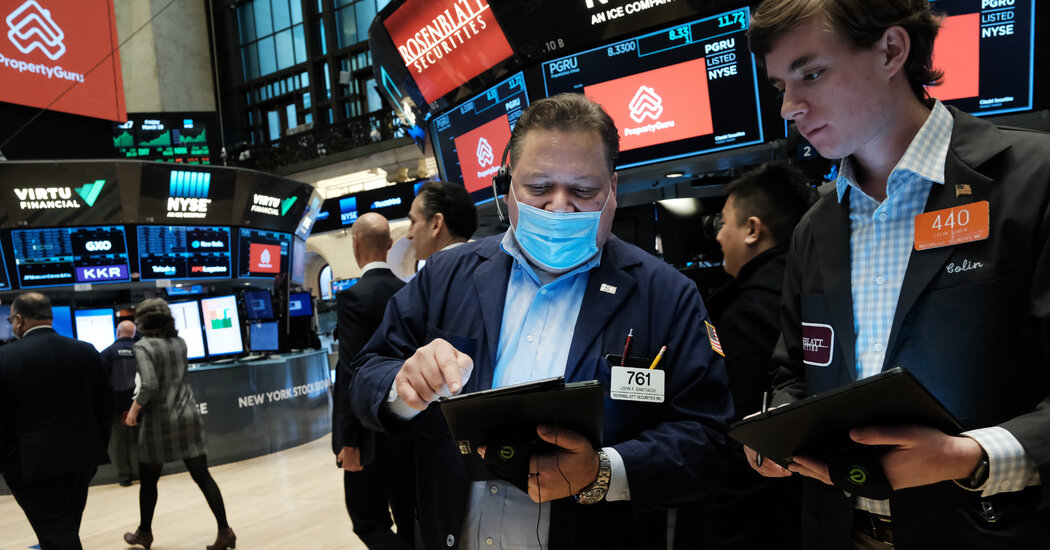Unlikely allies, including about 80 law and finance professors, as well as hedge funds and labor activists, are pushing back regulation proposed by the Securities and Exchange Commission around swaps, a type of financial instrument that gives investors a roundabout way to access a stock. .
These groups are united by concerns that the proposed regulations could tear down the market for activist investors, the shareholders who advocate change in publicly traded companies. Critics include board members against whom activists could oppose.
A group of law professors from Harvard, Stanford and Texas A&M Universities were among those who sent letters to the committee before the comment deadline Monday.
In December, the committee proposed rules that would force investors to disclose swap positions they’ve amassed in companies within one day if they own more than $300 million, 5 percent of a company or, in certain circumstances, as little as $150 million. The proposal followed the collapse of Archegos Capital Management, which used billions in swaps to make bad bets — a sudden failure that cost global banks billions in losses and rocked the stock market.
Swaps are esoteric financial instruments that get their name from the way they exchange one income stream for another. They are a central way for activist investors to build positions in companies before other investors or the target company become aware of their interest.
The one-day reporting requirement for swaps in the SEC’s proposal is even shorter than the time it takes chief executives to disclose their own trading in their company’s stock; Chief executives have two business days to announce stock purchases or sales.
The law professors and others argue that it would become uneconomical to take large positions in companies if activist investors are forced to report their positions in swaps so quickly. They say other investors can act against them immediately, or boards of directors can quickly mount defenses or other attacks against activists trying to build large enough interest to force change.
Even the critics of elements of shareholder activism among them, the professors wrote, recognize that “activism can be a means of addressing underperformance and corporate misconduct, and holding management and boards of directors accountable to the ultimate owners of businesses.”
The professors argued that the SEC could simply ask investors to disclose these positions directly to the committee, not the general public. Activist investors currently have a 10-day period to disclose that they have built up a stake of more than 5 percent of a company’s stock, which the SEC also recently proposed shortening to five days.
A number of other groups are pushing against the rules or filing their own letters, including activist investor Elliott Management, industry associations and other investment funds.
Jay Clayton, a former SEC chairman, said he believed the value of active and activist investing should be considered in the proposed rule. “The benefits of passive investing are based on a portfolio approach that attracts active investors across the market,” said Mr. Clayton, now the leading independent director of Apollo Global Management. “Activism has emerged as an important part of active investing.”
The SEC declined to comment.
Swaps were a key mechanism through which Archegos, a little-known investment firm, quietly built massive positions in companies including ViacomCBS and Discover, inflicting billions of dollars in losses on banks around the world last year when the shares of companies in its portfolio declined.
After Archegos imploded, Gary Gensler, the SEC chairman, said he and his team were looking for new rules to bring more transparency to the swap market to prevent a similar collapse. However, the SEC did not mention Archegos in the proposed swap rules and did not specify how the disclosures would minimize risks to counterparties.
The swaps proposal is one of a series of rules from the committee, including those related to disclosures around short-selling activities and hedge funds and private equity firms.
Lauren Hirsch reporting contributed.

